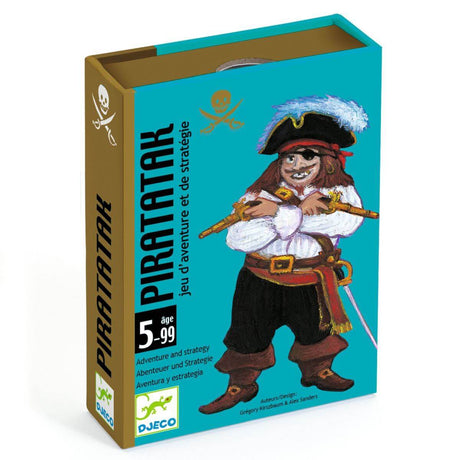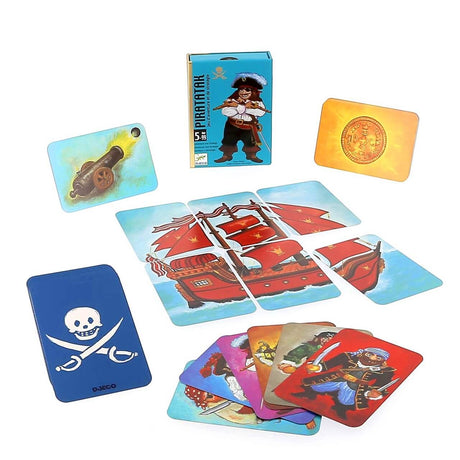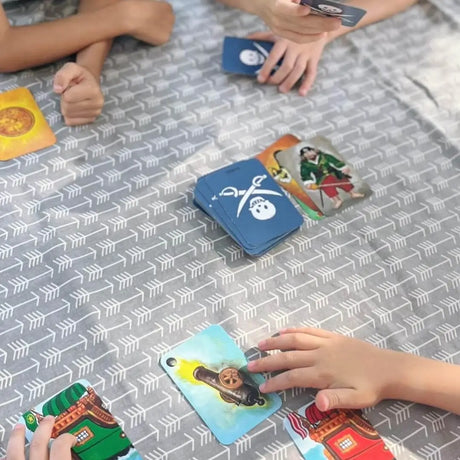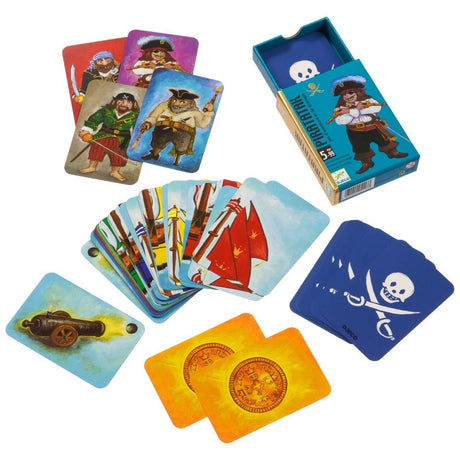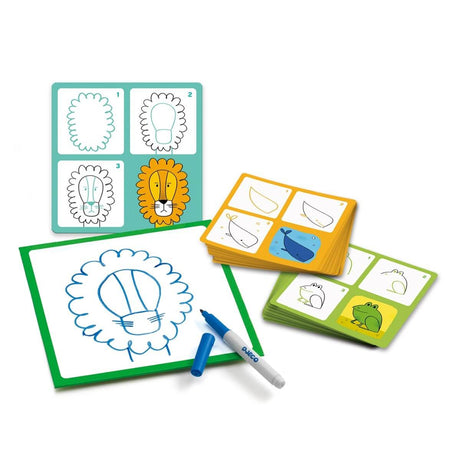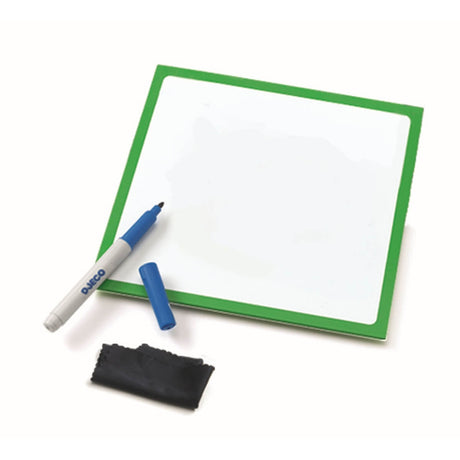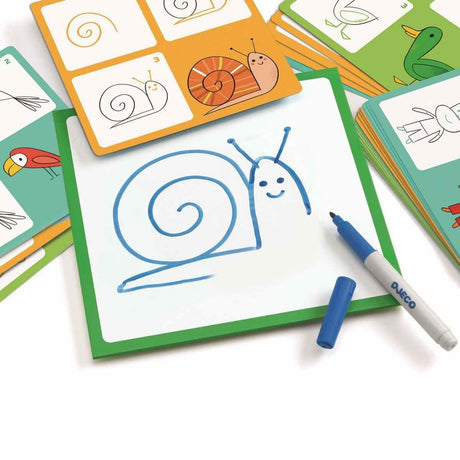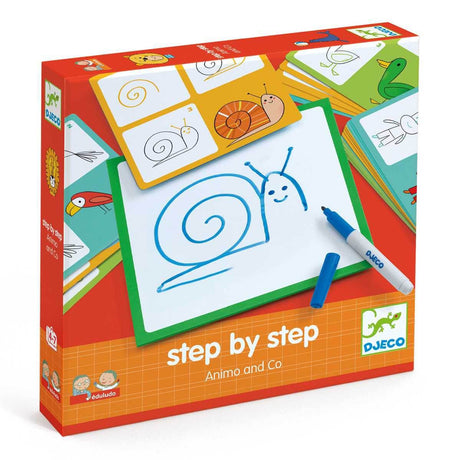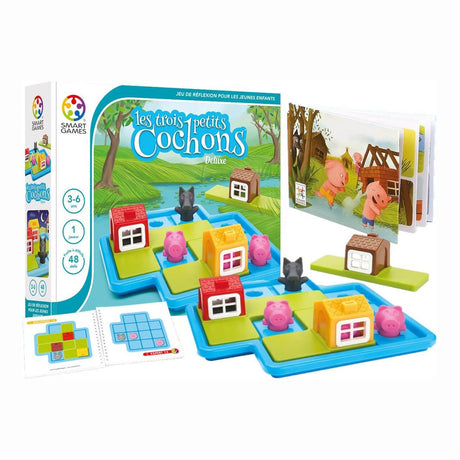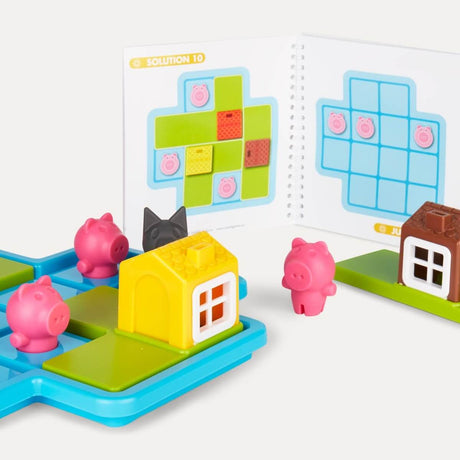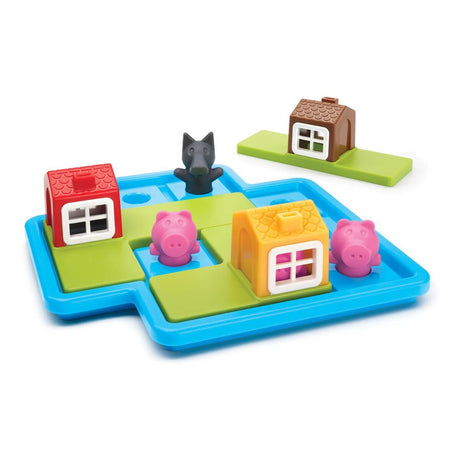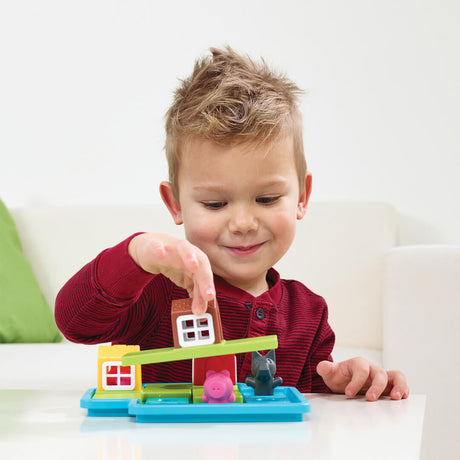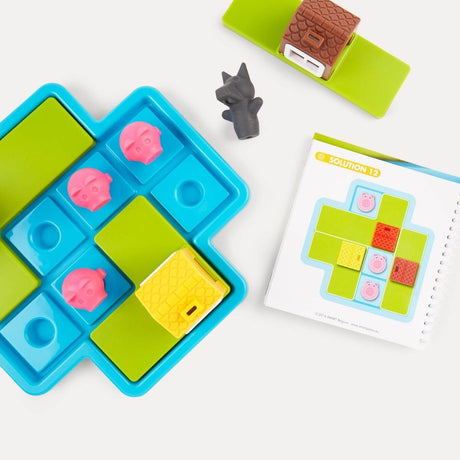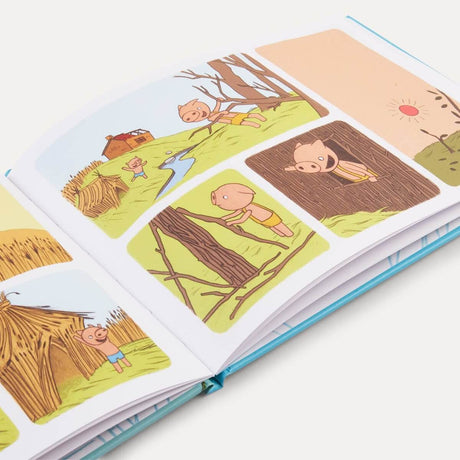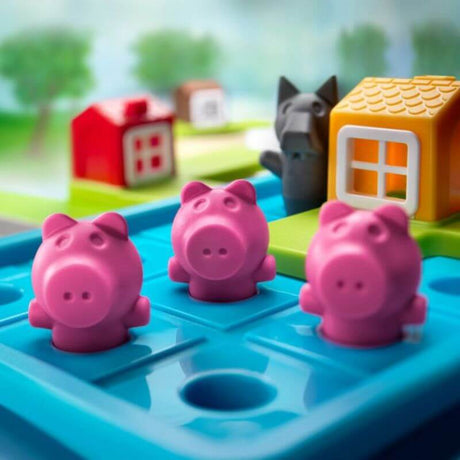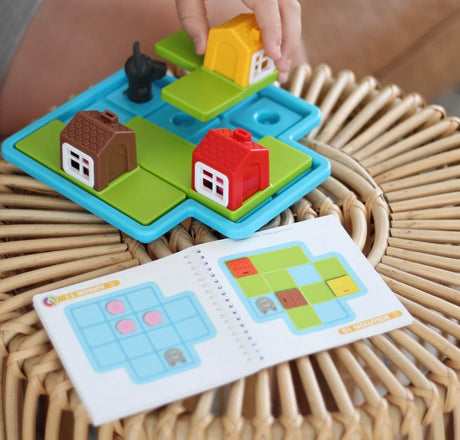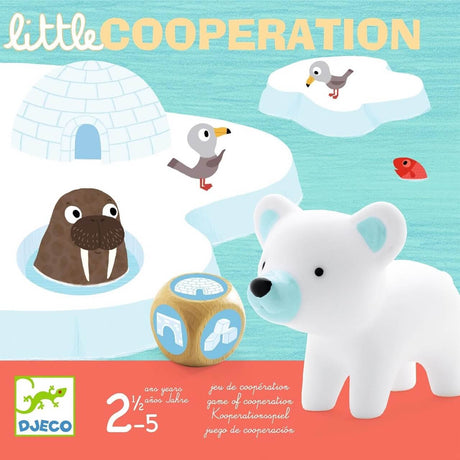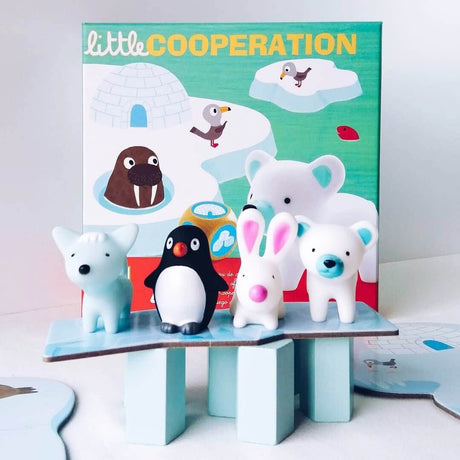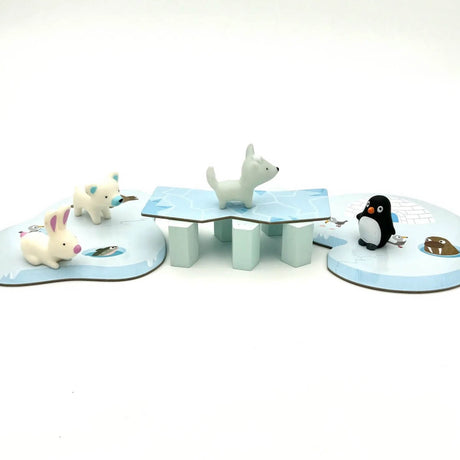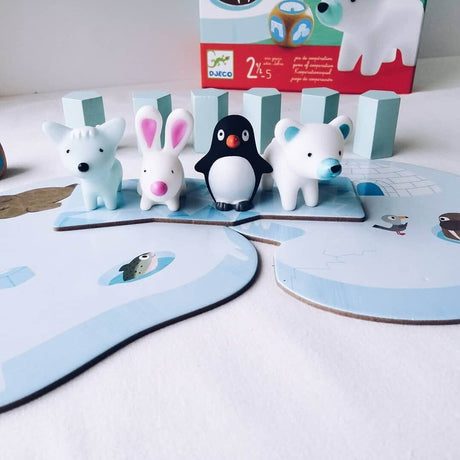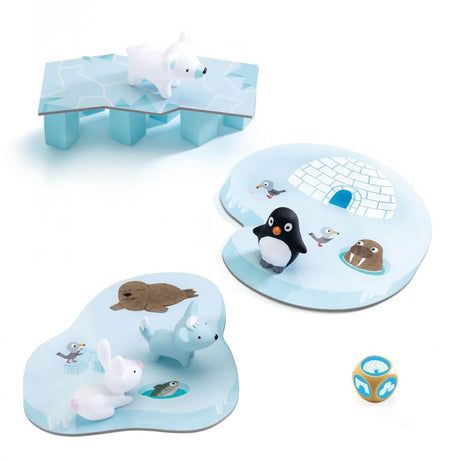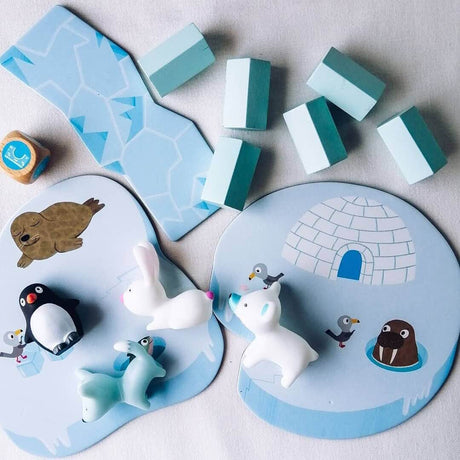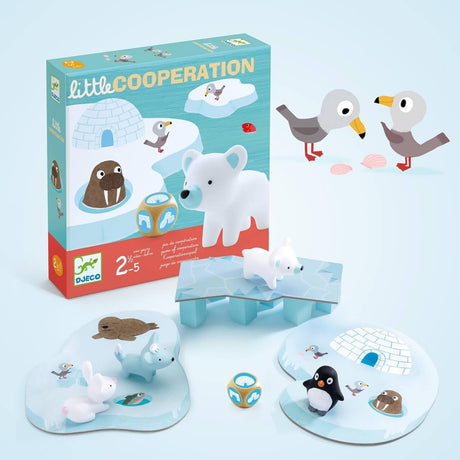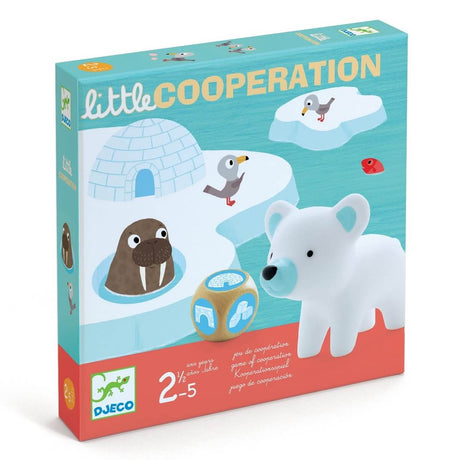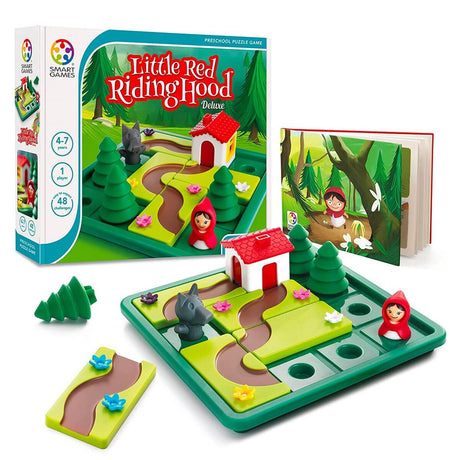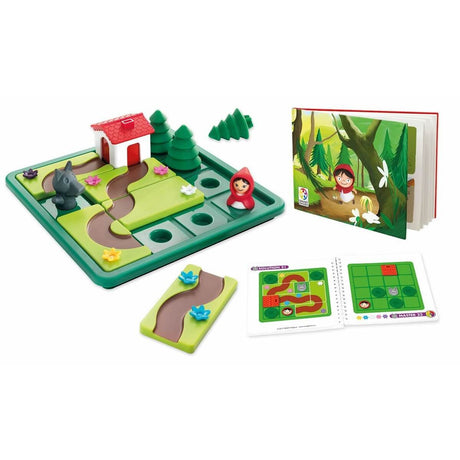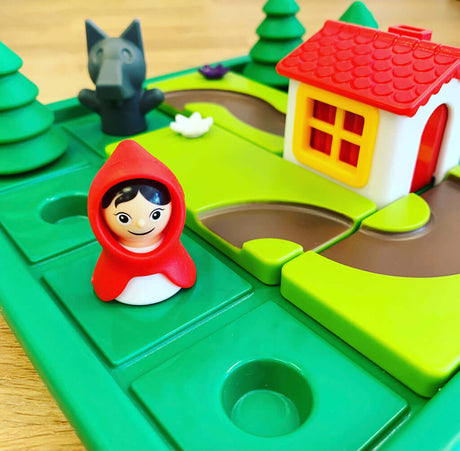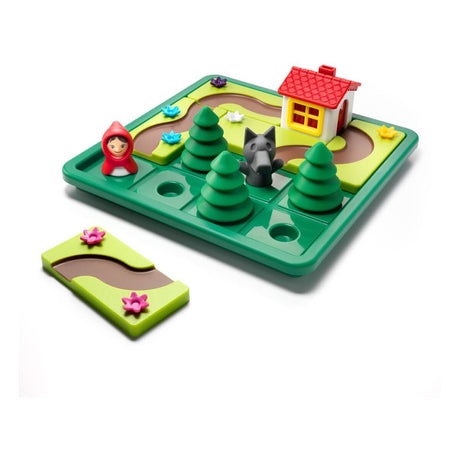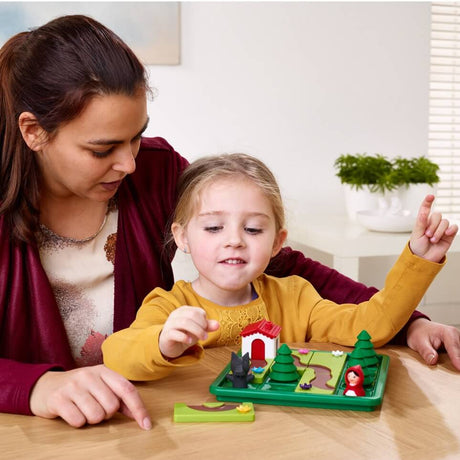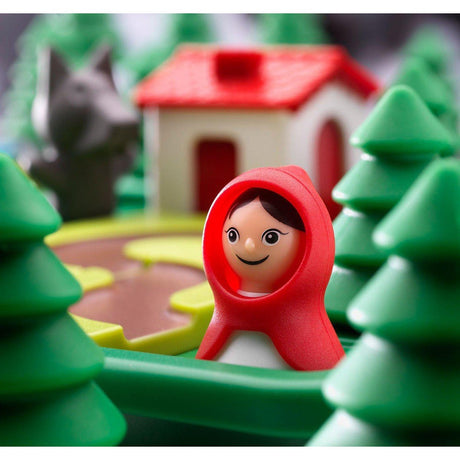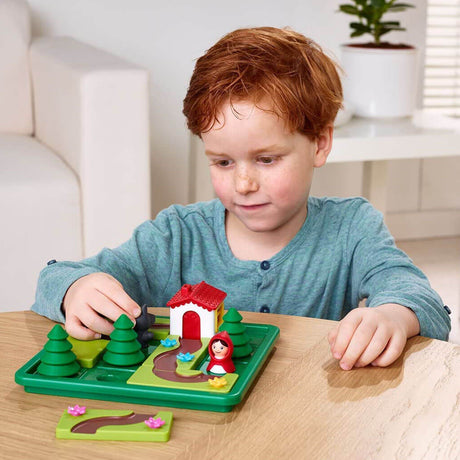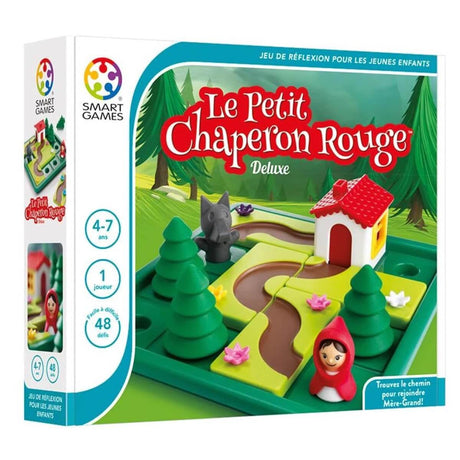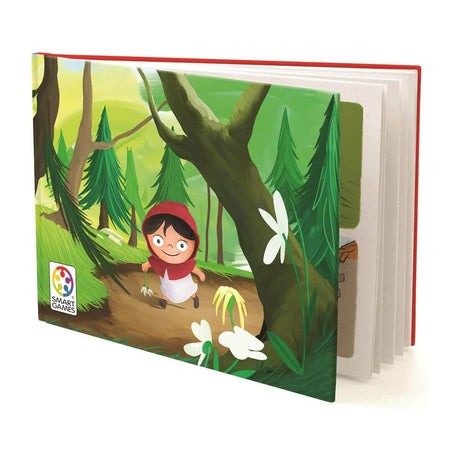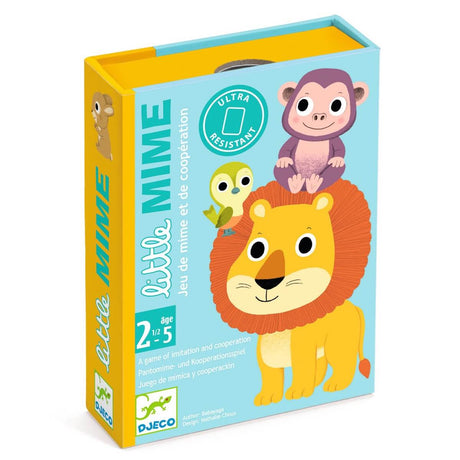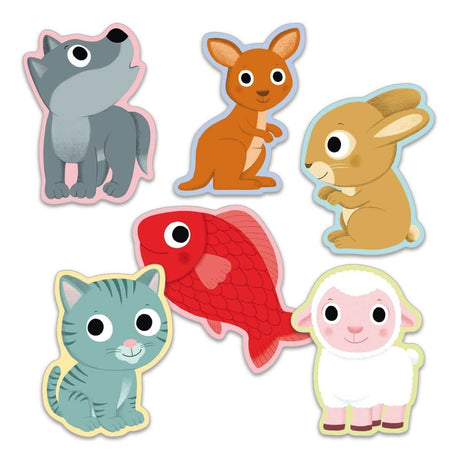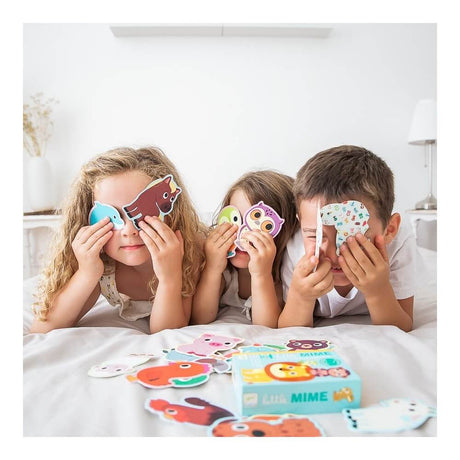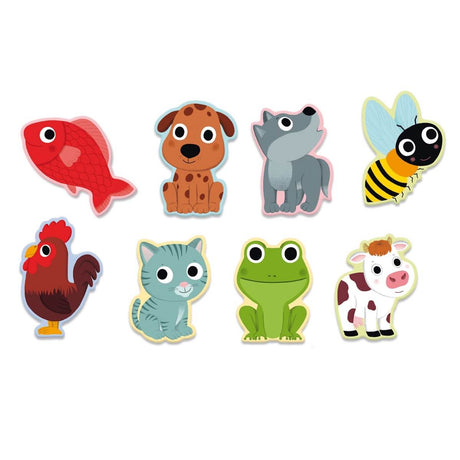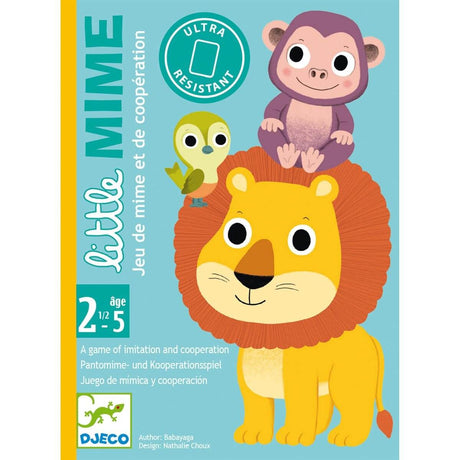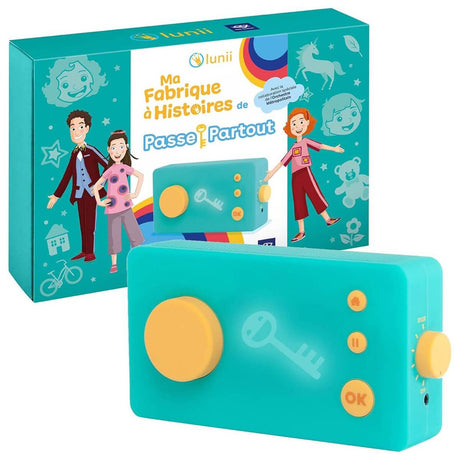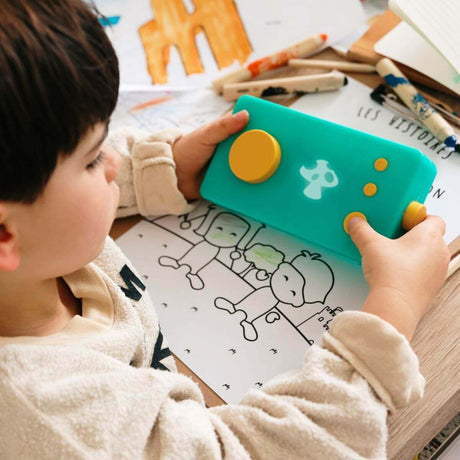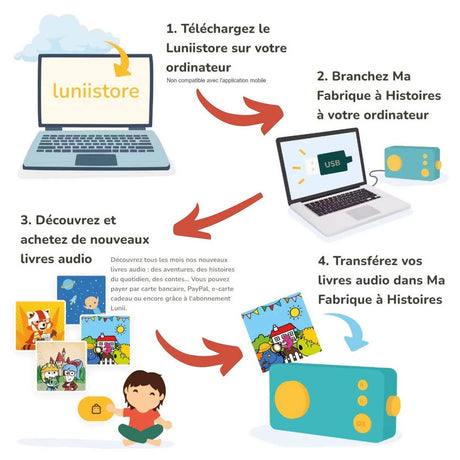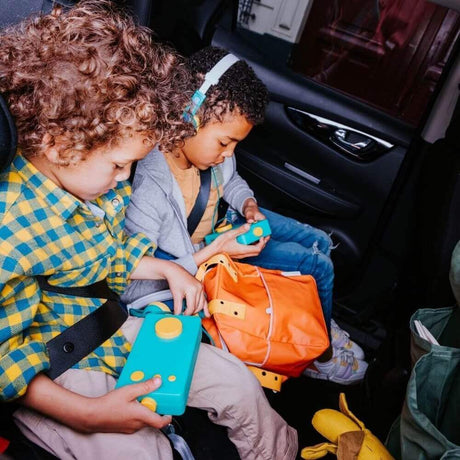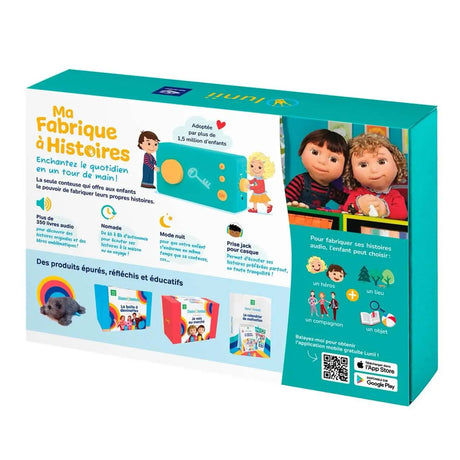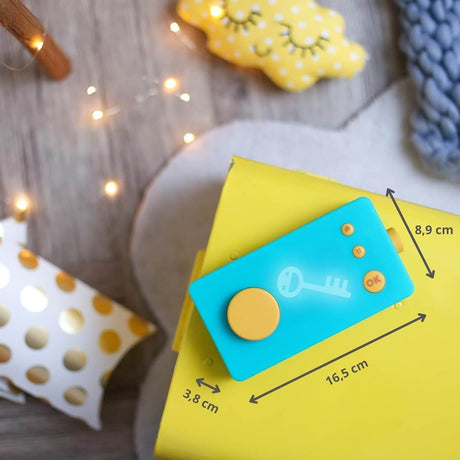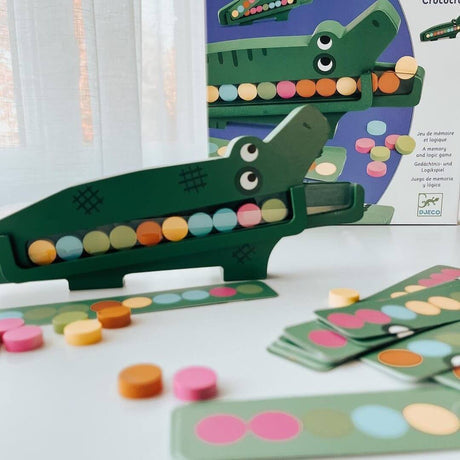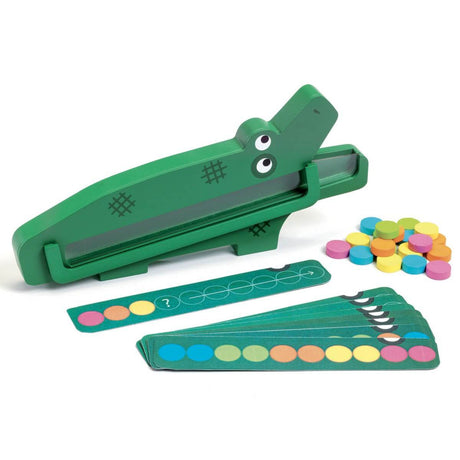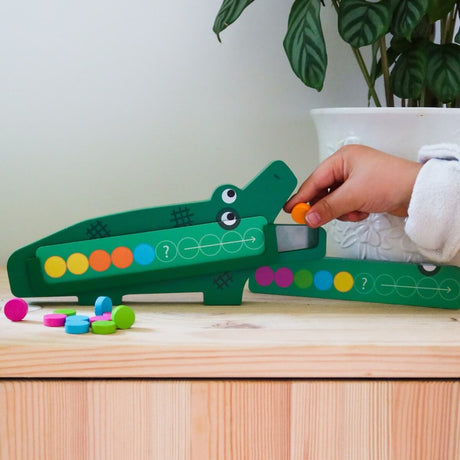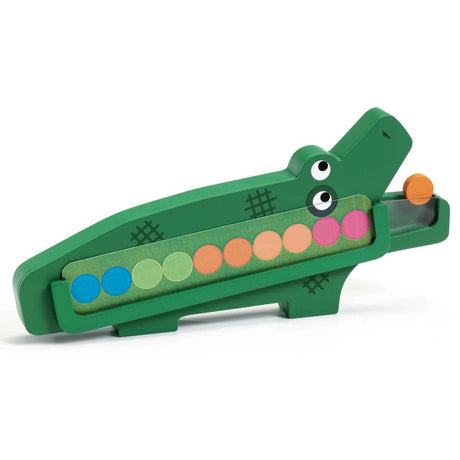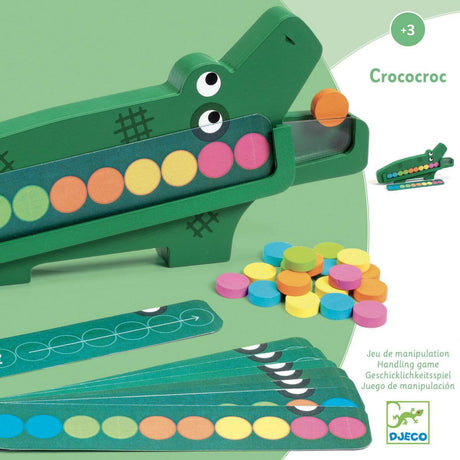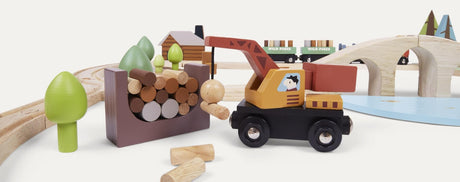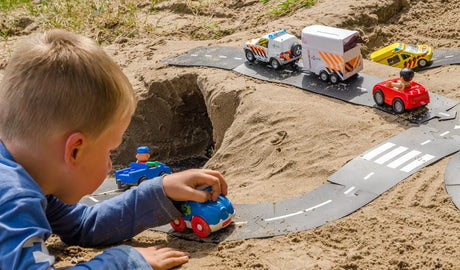Is your child reserved? Does he often doubt his abilities? Is he afraid of what others will look at? Is he devaluing himself? He doesn't dare to raise his hand to ask a question?
We would all like our children to feel good about themselves, to be able to assert themselves without crushing others, but this is not innate!
Self-confidence must be cultivated!
So how can I help and encourage my child on a daily basis so that they feel good about themselves?
Self-confidence is the feeling that we have skills acquired through our own experiences to face the world. It's believing in your abilities to succeed.
Unlike doubt which can be paralyzing, self-confidence is the driving force. However, the doubt is important: a child who has no fear can put himself in danger. Doubt allows you to question yourself and move forward when it is not excessive. It's all a question of dosage!
Self-confidence is volatile, changing and evolves depending on ages and situations.
Your child may have confidence in his motor skills and feel very comfortable climbing, climbing, jumping... on the other hand, he may lack confidence in social situations where it will be impossible for him to approach a group of children to the park to join in their game.
Building trust in 4 dimensions
According to Isabelle Filliozat (psychotherapist and author of numerous works): “Self-confidence covers 4 dimensions which are built as development progresses”:
1. The feeling of internal security (0 to 2 years)
It 's the feeling of being in your place, of being safe, of being protected. This feeling of internal security depends on the child's environment. It is nourished in particular by the kindness, looks and touch that the parent gives to their child.
2. Self-confidence (2 to 3 years)
It 's having confidence in your desires, your needs, your sensations, your feelings and your thoughts. “What makes me a specific person?” What more can I bring? ".
The child will then need to develop his personality. We will see this in the opposition period around the age of 2 and the ability to say no. The child will try to dissociate from his parents. The way the parent looks at this moment is essential: my child has the right not to have the same ideas as me, to like different things, to experience emotions...
3. Confidence in one's abilities and skills (from 3-4 years old)
When the child feels safe enough, he can explore his environment and do things on his own. For this, it is important that his parents let him do it and allow him to make mistakes and start again. The child needs support, scaffolding, encouragement and to feel capable!
4. Relational trust
Later, the child needs to feel able to enter into relationships, to develop social and relational skills which allow him to be comfortable in society. Relations within the family or with peers at school greatly influence children's relational confidence. For example, you can support him by teaching him to identify the feelings and emotions of others.
Caring education
Caring education is an educational method, neither permissive nor punitive, essentially based on encouragement and positive reinforcement. The parent will value effort rather than success.
We avoid negative comments “you’re going to drop it again!” » and comparisons with siblings (each child is unique!).
The objective is for the child, by doing it on his own, to realize his abilities and gain self-confidence .
The real risk is to do in one's place
By wanting to overprotect their child and prevent them from experiencing difficulties, the parent does the opposite and sends them the wrong message: believing that they are not capable and trustworthy. The child then does not have the opportunity to be proud of his successes and this prevents him from developing his self-confidence.
To help him, we can, for example, give him small responsibilities to do on a daily basis (accessible at his age). He will then feel useful and gain a feeling of pride.
When the child is discouraged or does not dare, the parent can help him get back into shape, encourage him “I have confidence in you”, “you can do it” and create opportunities for more accessible success.
For example, a child who does not want to remove the small wheels from his bike, we adapt: we first remove a single wheel, the child sees that he is capable, takes pleasure and feels more confident to remove the second small wheel.
Nurturing a child's self-confidence means gradually supporting them , equipping them, encouraging them, giving them attention, valuing their progress but also and above all welcoming and validating their emotions without denying them.


